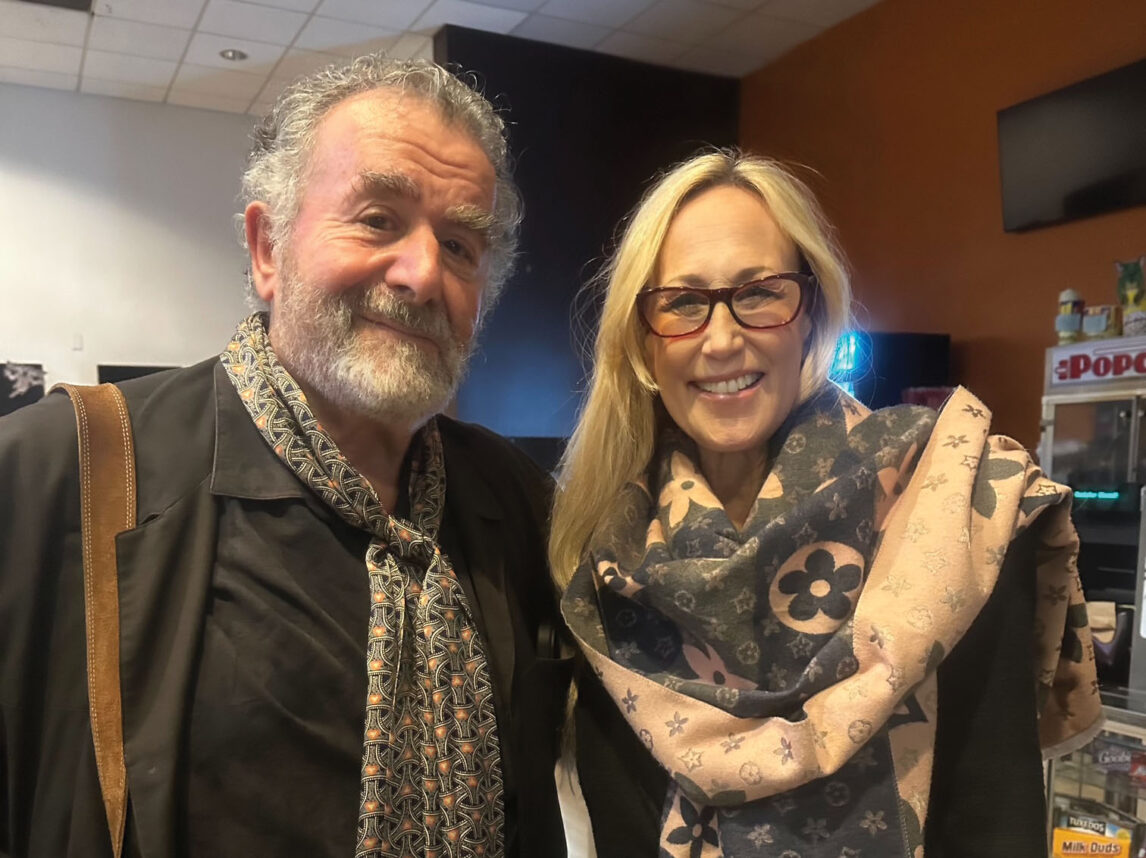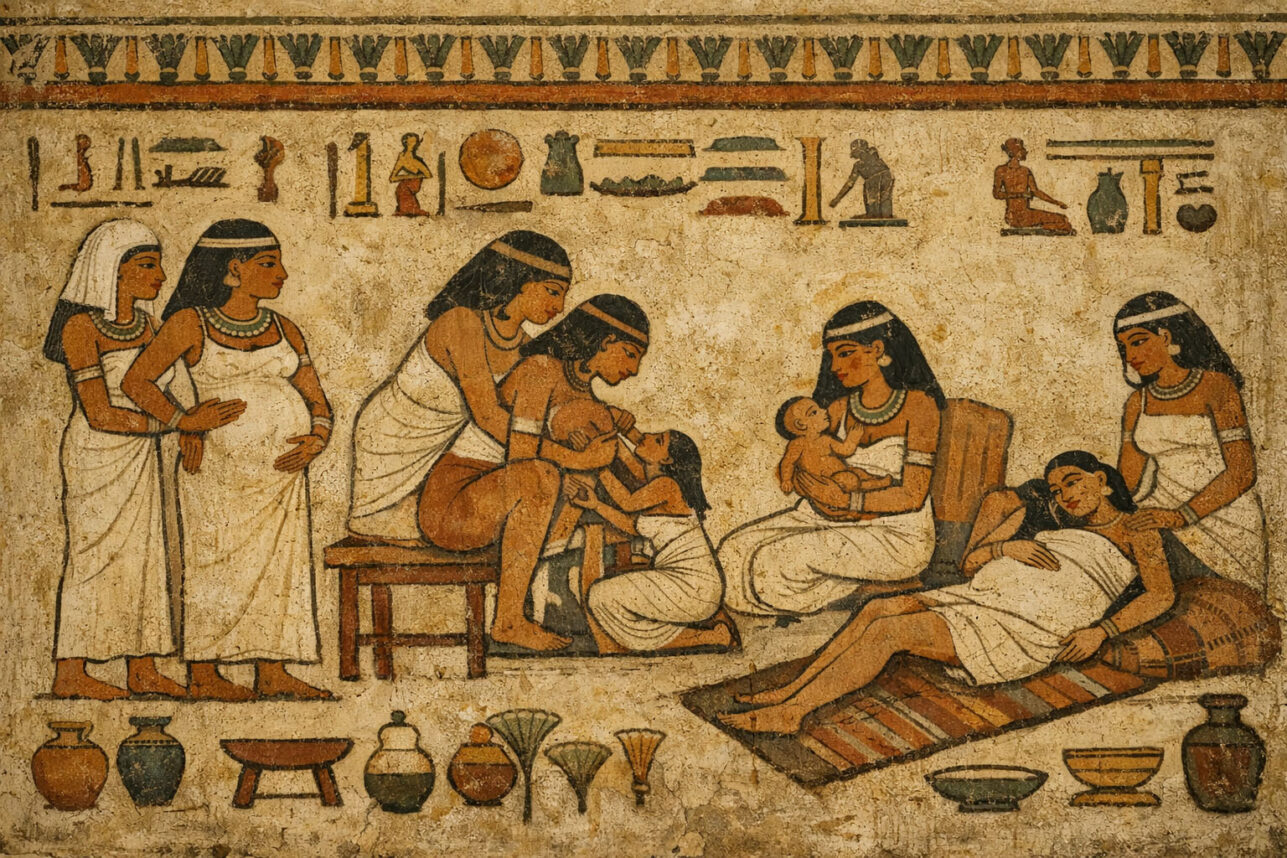WEEKLY PARSHA: ONE VERSE, FIVE VOICES
And the Lord opened the mouth of the ass, and she said unto Balaam: “What have I done unto thee, that thou hast smitten me these three times?” (Numbers 23:28)
Salvador Litvak
Accidental Talmudist
Does Balaam’s donkey mock him? She disagrees with his plan. She holds fast to her perception of the danger before them. She disobeys his order. These actions do not amount to mockery. Rashi says Balaam feels mocked because he’d been summoned by a king to destroy an entire nation with his words, and now his own donkey won’t follow his orders. The presence of the king’s messengers makes it exponentially worse in his mind. Ramban says this odd encounter is arranged precisely to show Balaam that God is in control. His prophetic power extends only as far as God permits him to see and speak.
One does not have to be a prophet, however, to learn a key lesson from this story. Balaam had already told the messengers that he could not transgress the will of God. What he and we learn from the encounter on the road is that fear of humiliation is a blinding force.
We face problems constantly. All too often, we come up with a solution only to have a relative, friend, colleague or even a stranger challenge us with an alternate answer. If it happens in front of others, that fear of humiliation kicks in with brute force, tempting us to attack the challenger rather than consider her proposal. The next time it happens, let’s remember the donkey’s lesson, and focus on the facts. Onlookers will be far more impressed by a person who’s open to being wrong than one who insists on being right.
Rabbi Ari Schwarzberg
Shalhevet High School
Sometimes the deepest lessons come from an ass! In this unusual story, Balaam, an ostensibly righteous servant of God, convinces himself that he has the divine blessing to curse the Jewish people. Wooed by Balak, the king of Moab, Balaam is that savvy evildoer who strategically locates an alibi before sinning, lest he be held accountable for his behavior: “If Balak would give me his house full of silver and gold, I cannot go beyond the word of the Lord my God, to do anything, small or great.” And yet, after God grants him permission to go to Balak, it is a clumsy donkey that barrels through Balaam’s obtuseness and awakens his inner consciousness, reminding him that this mission is about serving HaShem’s will, not Balak’s. Sure, Balaam was given the green light to go with Balak’s messengers, but his actions were guided by sinister intentions. Fortunately, his own donkey sets him straight and realigns the true purpose of his rendezvous with Balak, preventing any disastrous results.
The Torah here strikes a profound chord: We tell ourselves all types of stories to justify our actions, but most of the time the right thing to do is so obvious, even a donkey can see it.
Natasha Mann
Rabbinical Student, Ziegler School of Rabbinic Studies
“We judge ourselves by our intentions, and others by their actions.” This adage characterizes a double-standard that is difficult to avoid in human psychology. We are able to see our actions as the results of complex intentions, motivations and needs. However, the inner lives of others are closed to us, and thus we are left to reverse-engineer intentions from actions.
The fact that Balaam’s donkey speaks is of great interest to many scholars, but few are interested in the details of her dialogue. This is perhaps due to the fact that her lament and confusion at her punishment seem to be a natural response to her situation.
However, in her second moment of speech, the donkey reminds Balaam that in her many years of service, she has never before refused his order. This is Balaam’s donkey asking Balaam to look beyond her actions toward her motivations. It is only then that Balaam’s eyes can be opened to the angel before them.
We are all capable of overlooking each other’s motivations. When we dislike actions or statements, it is especially easy to immediately ascribe ill intent to their origins. However, I believe that Balaam’s donkey speaks to teach us that by assuming motivations instead of asking for them, we may find ourselves missing the angel standing on the path. Perhaps we can all work harder to extend the courtesy of asking about intentions before assuming them.
Rabbi Kerry M. Olitzky
Rabbi and author
Excerpted from myjewishlearning.com
some people write off this portion as biblical fantasy. In Parashat Balak, Balaam has a conversation with a donkey. A dialogue of this nature seems more appropriate for an animated film than a serious religious text. As a result, many ignore and overlook the implicit message of the portion.
In this episode of the evolving saga of the Jewish people, King Balak invites Balaam to put a curse on the Jewish people — an apparently effective military strategy of the ancient world. Before Balaam can do so, however, he is dissuaded and undergoes a change of heart. After seeing the beauty of the ancient Jewish people and Judaism’s traditions, he offers a blessing instead.
Most will say that the donkey persuaded Balaam to transform the intended words of the curse into words of praise. But it is not the medium that persuades Balaam; it is the message. Today, as much as we think that clever marketing is the key to making Judaism appealing to those who are ambivalent toward the community, this Torah portion suggests otherwise.
The message is key, not the messenger. God can and does speak to us in myriad ways, and we have to be ready to accept divine words regardless of how they are delivered. That point is just as cogent today as it once was. No matter how much we manipulate Judaism to do and say what we want, essentially it has to be able to persuade people on its own of its ability to provide meaning and direction.
Rabbi Stephen Lewis Fuchs
Bat Yam Temple of the Islands
Excerpted from reformjudaism.org
It should not surprise us that in this week’s Torah portion, Parashat Balak, the animal that saves Balaam’s life is female. How consistent this is with the theme that it is often the women in the Bible who guide, instruct or shape the events surrounding surprisingly clueless males.
Beginning with Eve, women like Rebecca, Tamar, the six women of the Exodus, Samson’s unnamed mother, Hannah, Ruth, Vashti and Esther are much more savvy than their male counterparts.
But there is more.
Balaam was a world-class sorcerer. The sages claim that Balaam communicated directly with the Almighty (B. Zevahim 116A) and that he was the gentile equivalent for brilliance of Moses himself (Bemidbar Rabbah 14:20). And yet in the story, Balaam is totally oblivious to the presence of God’s messenger while his animal sees the angel clearly. Wow!
When we think of dumb animals, “asses” are the metaphor! And yet in this case, the ass gets it, and Balaam — the smartest man alive — is clueless.
What does that teach us? There is something we can learn from everyone.
Rabbi Simeon ben Zoma said it best: “Who is wise? The one who learns from everyone!” (Pirkei Avot 4:1)


































